Comment by Zainon Ahmad
WHAT is happening in Perak has a striking similarity to what happened in Sarawak in 1966. Less striking but similar are the train of events that led to the collapse of the PAS government in Terengganu in 1961 and the Parti Bersatu Sabah government in Sabah in 1994.
The Alliance government that ruled Sarawak after it became part of Malaysia was led by SNAP secretary-general Datuk Stephen Kalong Ningkan, an Iban. His independent ways led to strained relations with the federal government. Matters came to a head after he sacked Taib Mahmud (now Tan Sri), a member of his state cabinet, accusing him of undermining his government. Taib, at the head of a delegation of 21 Council Negeri members (state assembly members), flew to Kuala Lumpur on June 12.
With the support of the federal Alliance leaders, a letter signed by the 21 was dispatched to state governor Tun Abang Haji Openg prevailing upon him to sack Ningkan which he subsequently did. The chief minister protested and refused to budge until after a new chief minister, Penghulu Tawi Sli, was sworn in.
In July he pulled SNAP out of the Alliance and filed a suit against the governor and the new chief minister that in sacking him they had violated the state constitution. On Sept 7, 1966 the High Court ruled that that Ningkan continued to be the lawful chief minister of Sarawak since he had not suffered a vote of no confidence in the Council Negeri. It said the "no-confidence letter" shown to the governor was no substitution for the confidence vote in the Council Negeri.
But by the time Ningkan resumed the office of chief minister some of his supporters in the Council Negeri had crossed over to "the other side". He unsuccessfully appealed to the governor to dissolve the council.
Meanwhile, another "no-confidence letter" signed by 25 Council Negeri members was submitted to the governor who then requested the chief minister to resign which he refused. The federal government declared a state of emergency in Sarawak giving as reason the communist threat in the state. Using the wide discretionary powers he had during the emergency, the governor sacked Ningkan. Penghulu Tawi Sli returned as chief minister with Taib as his deputy.
In Terengganu PAS had won the 1959 state elections but had only a narrow majority of two in the 24-seat state assembly. But it was riven with all kinds of problems and in-fighting and subsequently it was this that brought about its downfall.
After two PAS members defected to the Alliance in 1961, Mentri Besar Mohd Daud Samad requested the sultan dissolve the state assembly but he was rebuffed. He continued to lead a minority government without calling for the meeting of the state assembly for as long as he could while negotiating for support from Party Negara members. On Oct 30, 1961 when the assembly met the PAS government fell in the ensuing vote of no-confidence taken against it. In the vote two more PAS members betrayed their party by abstaining.
In Sabah the PBS government fell in 1994 after several of its assemblymen defected to the BN shortly after the state elections in which Umno participated for the first time. Led by Datuk Seri Anwar Ibrahim, Umno did splendidly but its other partners failed it.
When his party lost its majority, Datuk Seri Pairin Kitingan asked the governor – whose son won a seat on an Umno ticket – to dissolve the state assembly but he was snubbed. He, therefore, had no choice but to resign his government.
PAS won Kelantan for the first time in 1959 but was ousted in 1978 after its rebellious mentri besar, Datuk Seri Mohamed Nasir, chose to defy the party leaders who were away in Kuala Lumpur as members of the BN government. He froze many of the logging concessions given out by the party leaders and threatened to expose some of their underhand dealings. The party leaders met and sacked him.
Because of his popular policies, the people demonstrated their support for him. Soon the demonstrations degenerated into violence and looting and an emergency was declared and federal rule was imposed.
After it was lifted a state election was called on March 11, 1978. PAS was almost wiped out and a BN government headed by Mohamed Nasir as leader of a hastily formed Berjasa ruled Kelantan. One of the architects of the PAS ouster then was also the person who later played a role in ending BN rule in the state in 1990.
Perhaps an amusing anecdote to all these cases in the nation’s political history is the power-grab attempt by a group of 28 Sarawak state assemblymen which has been referred to as the "Ming Court Hotel incident".
The group, which represented a majority in the 48-seat Council Negeri, gathered in Kuala Lumpur to seek federal support to oust Taib. They failed. They also attempted to see the governor who was unavailable as he was either away fishing or was sick. Taib easily got the governor to dissolve the Council Negeri and in the ensuing state elections his BN coalition won 28 of the 48 seats.
Subscribe to:
Post Comments (Atom)
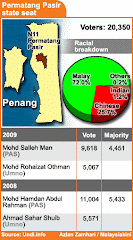

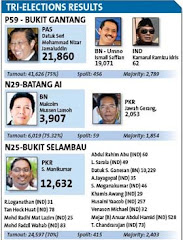

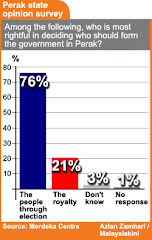
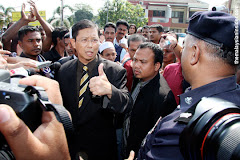
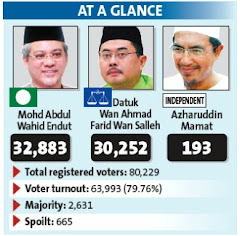
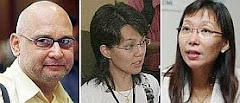

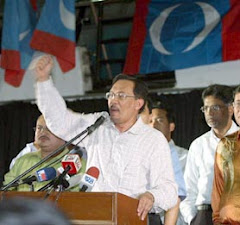
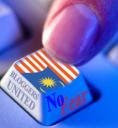
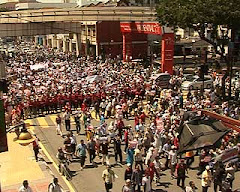

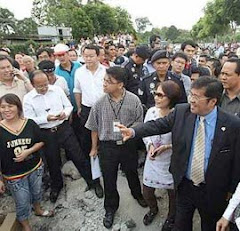
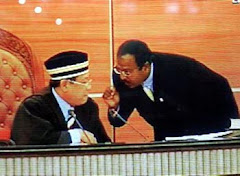


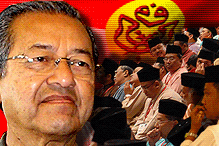
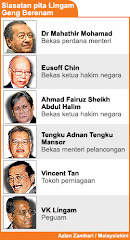
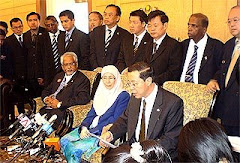
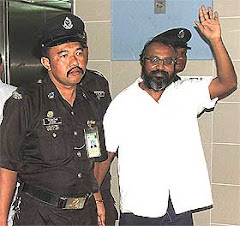
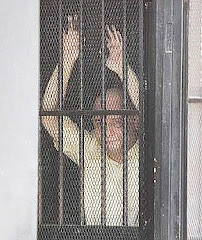
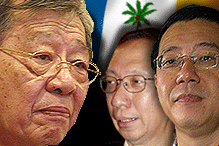

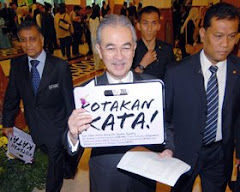
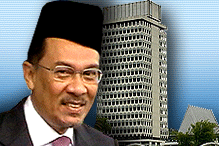
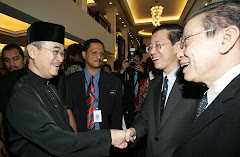






No comments:
Post a Comment